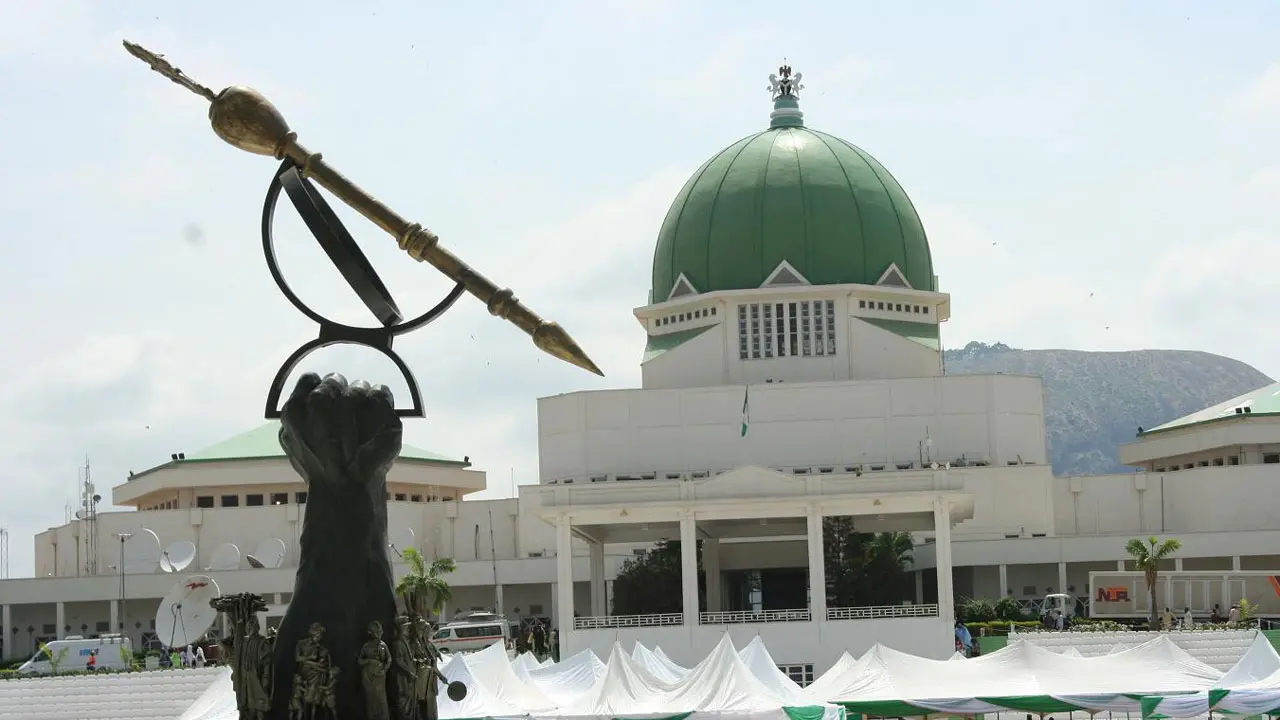NATIONAL NEWS

NEW ELECTION DATE PROPOSAL: NIGERIANS DIVIDED OVER PLAN TO HOLD GENERAL ELECTIONS IN NOVEMBER 2026
A fresh political storm is brewing in Nigeria as the National Assembly’s proposal to move the next general elections to November 2026 continues to attract mixed reactions across the country.
The lawmakers are seeking to amend the 2022 Electoral Act to ensure that presidential, governorship, national, and state assembly elections take place 185 days before the end of the current administration’s tenure. This would mean that the next elections would be conducted on November 20, 2026, instead of the traditional February or March timeline.
According to the lawmakers, the new timeline will help resolve one of the country’s biggest electoral problems — long-drawn court cases after elections. They argue that holding elections earlier would allow enough time for tribunals and appeals to be concluded before new leaders are sworn in, avoiding situations where governors or presidents lose their seats years into their terms.
However, not everyone agrees. Critics fear that the shift could disrupt governance and divert resources from public projects to political campaigns. The African Democratic Congress (ADC), one of the most vocal opponents, warned that the proposal could push Nigeria into “permanent electioneering,” where politics dominates governance and development stalls.
“If elections are held in November, campaigns will start as early as 2025. That leaves barely two years of real governance before the political noise takes over,” the ADC said in a statement.
Supporters, on the other hand, believe the new schedule could reduce electoral manipulation, since presidential and governorship elections would happen on the same day. A Lagos lawyer, Kayode Akiolu, argued that this would make it harder for political heavyweights to influence outcomes in each other’s favour.
He explained, “If both presidential and governorship elections were held the same day in 2023, Lagos State’s results might have been very different. The president would have been too busy fighting for his own seat to influence the governor’s race.”
Proponents also point out that synchronizing major elections would lessen federal and state-level interference and ensure fairer results.
Yet, others like public affairs analyst Prince Johnson Meekor insist that the focus should be on strengthening institutions like INEC and the judiciary, not changing the election dates. He cited examples from Kenya, Ghana, and South Africa, where electoral disputes are resolved quickly without altering the political calendar.
“The real solution lies in judicial and institutional reforms,” Meekor said. “Changing the timetable only accommodates inefficiency instead of fixing it.”
As the debate intensifies, Nigerians are watching closely to see whether the National Assembly will push through the amendment — or yield to public pressure to maintain the existing election schedule.
One thing is clear: this proposal has reignited the age-old question of how to balance credible elections with effective governance in Africa’s largest democracy.
"This represents a significant development in our ongoing coverage of current events."— Editorial Board









